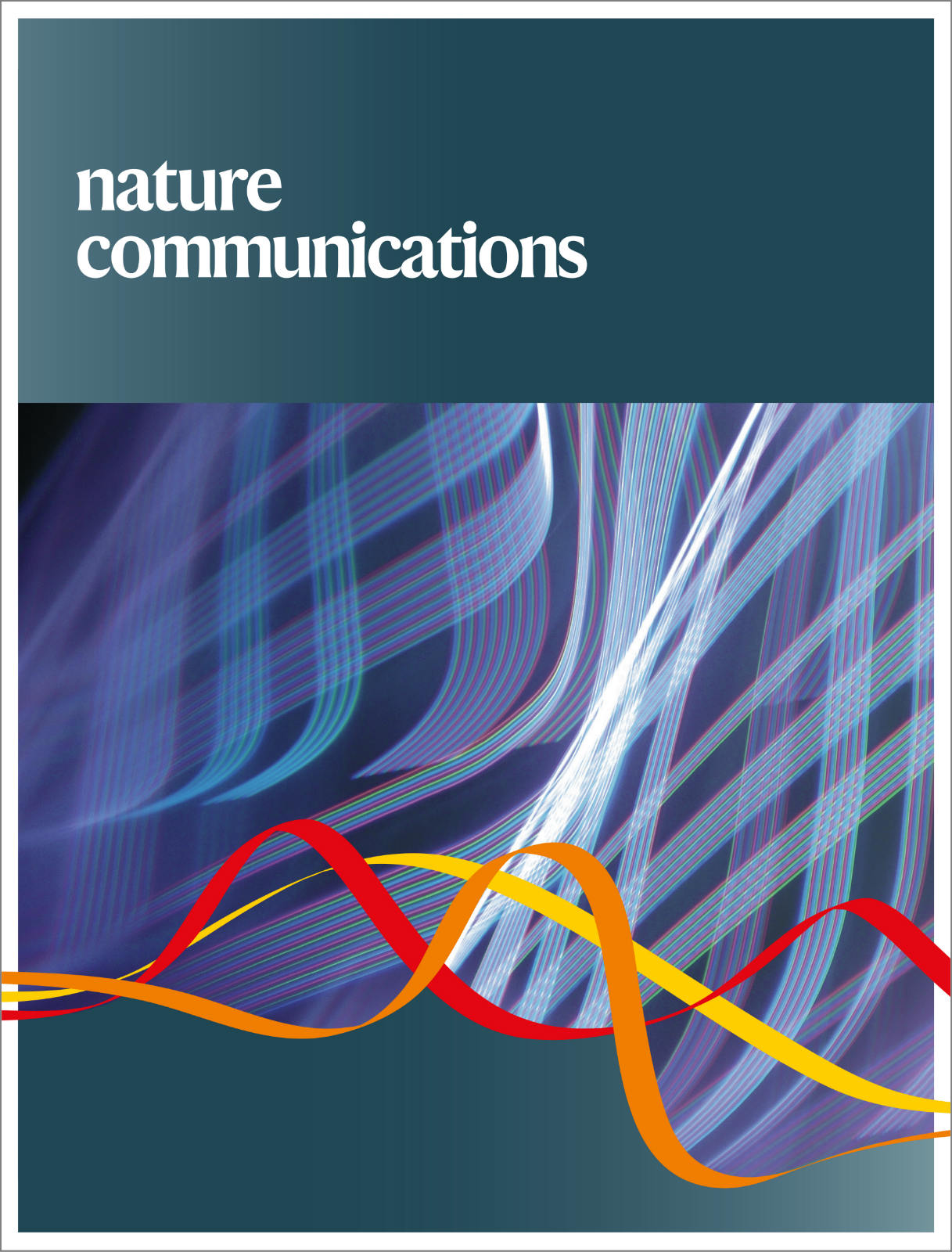Dual-ligand engineered exosome regulates WNT signaling activation to promote liver repair and regeneration.
IF 15.7
1区 综合性期刊
Q1 MULTIDISCIPLINARY SCIENCES
引用次数: 0
Abstract
WNT signaling is an essential pathway regulating tissue morphogenesis and regeneration. However, harnessing the pathway for regenerative medicine has been challenging due to the lack of approaches to identify and deliver specific WNT ligands to the target tissue. Herein, we reported that WNT and R-spondin (RSPO) proteins could be transported on engineered exosomes and activate the pathway synergistically. We showed that WNT3A and RSPO1 co-treatment could effectively regulate hepatic cell fate and uncovered functional crosstalk with the PPARα signaling pathway. Moreover, dual-ligand-carrying exosome (exoWNT3A/RSPO1) hyperactivated the WNT signaling and promoted efficient hepatic organoid growth compared to the small molecule inhibitor CHIR99021. Importantly, the exosome can be efficiently delivered for robust WNT signaling activation in the liver. Remarkably, exoWNT3A/RSPO1 could accelerate liver repair and regeneration under various conditions, including acute and chronic injuries and aging-associated phenotypes. Collectively, our work revealed the broad therapeutic effects of WNT signaling activation in the liver through the dual-ligand-carrying exosomes.双配体工程外泌体调节WNT信号激活促进肝脏修复和再生。
WNT信号是调节组织形态发生和再生的重要途径。然而,由于缺乏识别和将特定WNT配体递送到目标组织的方法,利用这一途径进行再生医学一直具有挑战性。在此,我们报道了WNT和R-spondin (RSPO)蛋白可以在工程外泌体上运输并协同激活该途径。我们发现WNT3A和RSPO1共同处理可以有效调节肝细胞命运,并揭示了与PPARα信号通路的功能性串扰。此外,与小分子抑制剂CHIR99021相比,携带双配体的外泌体(exoWNT3A/RSPO1)可过度激活WNT信号并促进肝类器官的高效生长。重要的是,外泌体可以有效地在肝脏中传递强大的WNT信号激活。值得注意的是,exoWNT3A/RSPO1可以在各种情况下加速肝脏修复和再生,包括急性和慢性损伤以及衰老相关表型。总的来说,我们的工作揭示了通过携带双配体的外泌体在肝脏中激活WNT信号的广泛治疗作用。
本文章由计算机程序翻译,如有差异,请以英文原文为准。
求助全文
约1分钟内获得全文
求助全文
来源期刊

Nature Communications
Biological Science Disciplines-
CiteScore
24.90
自引率
2.40%
发文量
6928
审稿时长
3.7 months
期刊介绍:
Nature Communications, an open-access journal, publishes high-quality research spanning all areas of the natural sciences. Papers featured in the journal showcase significant advances relevant to specialists in each respective field. With a 2-year impact factor of 16.6 (2022) and a median time of 8 days from submission to the first editorial decision, Nature Communications is committed to rapid dissemination of research findings. As a multidisciplinary journal, it welcomes contributions from biological, health, physical, chemical, Earth, social, mathematical, applied, and engineering sciences, aiming to highlight important breakthroughs within each domain.
 求助内容:
求助内容: 应助结果提醒方式:
应助结果提醒方式:


